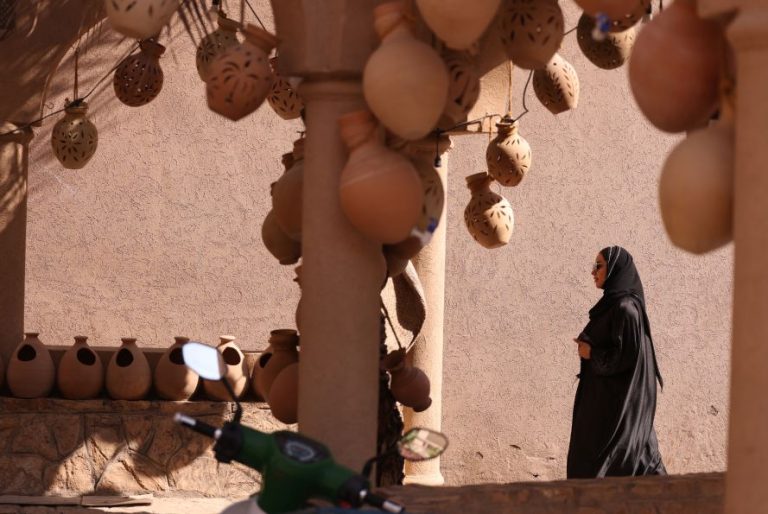São Paulo – The economy of Oman, an Arab country in the Gulf region, is on a path of recovery and growth driven by the oil sector and high prices for the commodity, according to a report released this Thursday (16) by the International Monetary Fund (IMF). The entity said that in addition to favorable oil prices, the dynamics of reforms also support the country’s economic recovery.
Last year, Oman’s economy advanced by 4.3%, driven by the oil sector, but in the first half of 2023, growth slowed down to 2.1% year-on-year due to cuts in oil production by the Organization of the Petroleum Exporting Countries and its allies (OPEC+). Non-hydrocarbon growth accelerated from 1.2% in 2022 to 2.7% in this year’s first half, supported by agricultural, construction, and services activities.
Despite projections for growth to slow down to 1.3% this year due to cuts in oil production, the IMF said Oman’s economy is expected to “rebound starting in 2024, supported by higher hydrocarbon production and stronger non-hydrocarbon growth.” The country is expected to obtain revenues from fiscal reforms and income taxes, with an outlook also favored by rationalizing expenditures from phasing out untargeted energy subsidies.
Oman managed to reduce inflation from 2.8% in 2022 to 1.2% year to date through September. Fiscal management and oil prices helped improve the fiscal and current account balances. Public sector debt declined, the country’s sovereign credit rating has been upgraded, and the positive balances achieved are expected to remain in surplus. The IMF notes, however, that the outlook is subject to high global uncertainty, including from oil price fluctuations.
Translated by Elúsio Brasileiro




